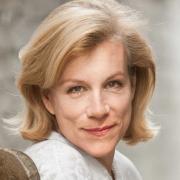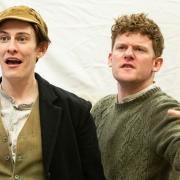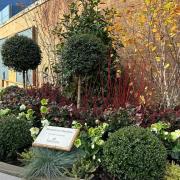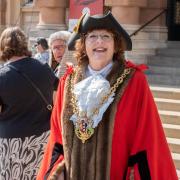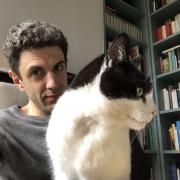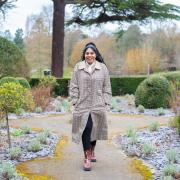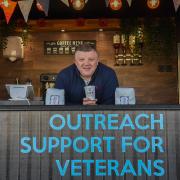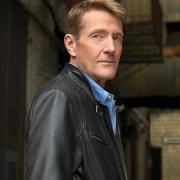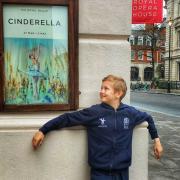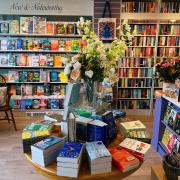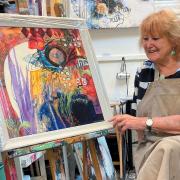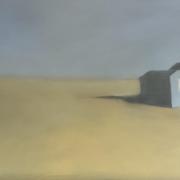Hitcham honours its famous former vicar, John Stevens Henslow, the man who taught Darwin

I’m really chuffed that at long last one of Suffolk’s unsung heroes is being recognised. I always say that every story has a Suffolk link. The villagers of Hitcham have been discovering that they can lay claim to one of the very best.
Their one-time vicar was the Rev Professor John Stevens Henslow, the man who mentored Charles Darwin and encouraged him to go on the voyage of The Beagle, which ultimately led to publication of the revolutionary The Origin of Species.
Now Hitcham residents have raised a phenomenal amount of money to restore ‘Henslow’s Bells’ at All Saints Church, and to create a permanent exhibition about him.
In total they’ve secured a whopping £230,000, including £100,000 from the National Heritage Lottery Fund. The bells at the church haven’t been rung properly for over 100 years so it will be a memorable day when they ring out later this year.
The residents have thrown themselves into fundraising and into researching the Reverend Henslow. Resident Nicola Currie was asked to head up the group leading the fundraising effort and I think she has become as fascinated and passionate about him as I have been.
Nicola is even learning how to be a bell ringer so she can ring the newly restored bells when they arrive.

She has discovered that, as well as being an important influence nationally, Henslow did a huge amount to improve life for the villagers of Hitcham.
He arrived in Suffolk in 1837 and over the years founded a village school, secured land for allotments so people could grow their own food, and organised trips to places Hitcham people wouldn’t normally have dreamed of visiting, such as the Great Exhibition in London.
“Henslow was horrified by the poverty he found in Hitcham,” Nicola explains. “He recorded it as a ‘remote and woefully neglected parish, where the inhabitants, with regard to food and clothing and the means of observing the decencies of life, were far below the average scale of the peasant class in England.’ Henslow believed education was the long term solution.”
Throughout this time he was also the first Professor of Botany at Cambridge, revolutionising the way it was taught and many of his methods are still used today. He taught Queen Victoria’s children and continued to mentor Darwin, chivvying him to finish his work.
Henslow personally taught botany classes for the village children, the brightest of whom were sent out to collect seeds for Darwin’s experiments. In their own little way, youngsters in Suffolk played a part in helping Darwin come up with his theories about evolution.
There are many more things to learn about Henslow including his experiments creating fertilizer from coprolites discovered on the banks of the River Orwell.
Henslow was also a founder of Ipswich Museum and in 1851, thanks to his connections, Prince Albert visited the museum and was so impressed he agreed to become its patron. It would be wonderful to know if Darwin also visited the museum.
I’ve been singing Henslow’s praises ever since my radio competition, Dolphin’s Dart, landed in Hitcham a few years ago, so I’m delighted he’s being recognised as the influential man that he was.
As well as the exhibition in All Saints Church and the restored bells there will be a year-long exhibition at the Museum of East Anglian Life which I’m really thrilled to have been asked to open on May 13. Put it in your diary! (Please check before heading to any published event)
You can listen to Lesley Dolphin 1pm-4pm Monday to Friday on BBC Radio Suffolk | lesleydolphin@bbc.co.uk




